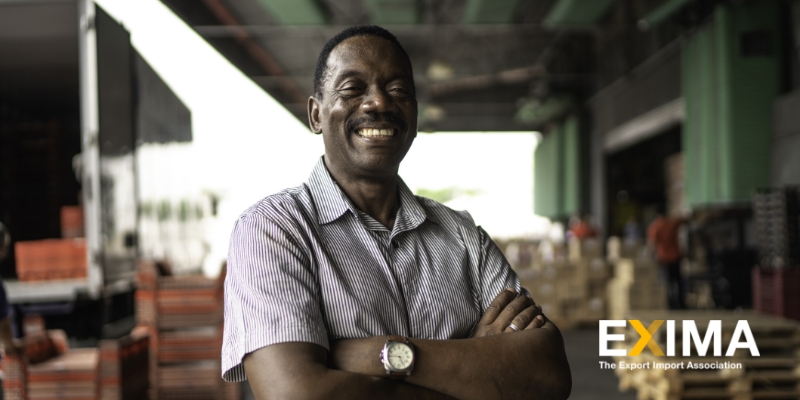The move towards free trade in Africa is already in the works as its regional economic communities are making efforts to promote trade, eliminate tariffs, and build relationships for mutual benefits. While establishing a common market still has a long way to go, the efforts some of these blocs are making are boosting optimism.
Africa has at least eight regional economic communities, with the leading ones being the Economic Community of West African States (ECOWAS), the East African Community (EAC), the Southern African Development Community (SADC), and the Economic Community of Central African States (ECCAS). ECOWAS has played a major role in achieving economic integration in West Africa by implementing policies that have improved the lives of 300 million people. Among its greatest achievements is political stability, which has laid the foundation for growth.
ECOWAS has also established a free trade zone and adopted a common external tariff. The system is not yet perfect, but it represents a great example of what can be attained. SADC and the EAC countries have also made significant improvements in regional integration and the promotion of trade through open borders. Infrastructural development across borders and the sharing of resources will continue to lead Africa towards the path to a continent-wide integration.

The key to achieving that dream mainly relies on fully integrating regional economic blocs and having the African Union (AU) work with these partners to find solutions that work for every member. Having eight seats at the table will bring less chaos, and encouraging the blocs to talk to each other will further simplify the process. However, what is delaying this integration is that the 54 countries simply do not agree, and even when they do, their unique circumstances will prevent them from applying the same rules in regards to tax, investment, labor, and debt. But, since the conversations around relationships with the European Union (EU), the US, China, and Asia, and how to tackle tariffs and trade, including intellectual property, are best approached at the regional level, the countries must figure out a solution to make the integration possible.
Leverage EXIMA to Achieve Success
EXIMA is well-aware of the issues facing SMEs today, especially those wishing to trade internationally. We are here to connect you with people who can provide answers and the information you are seeking. Join our network today!









